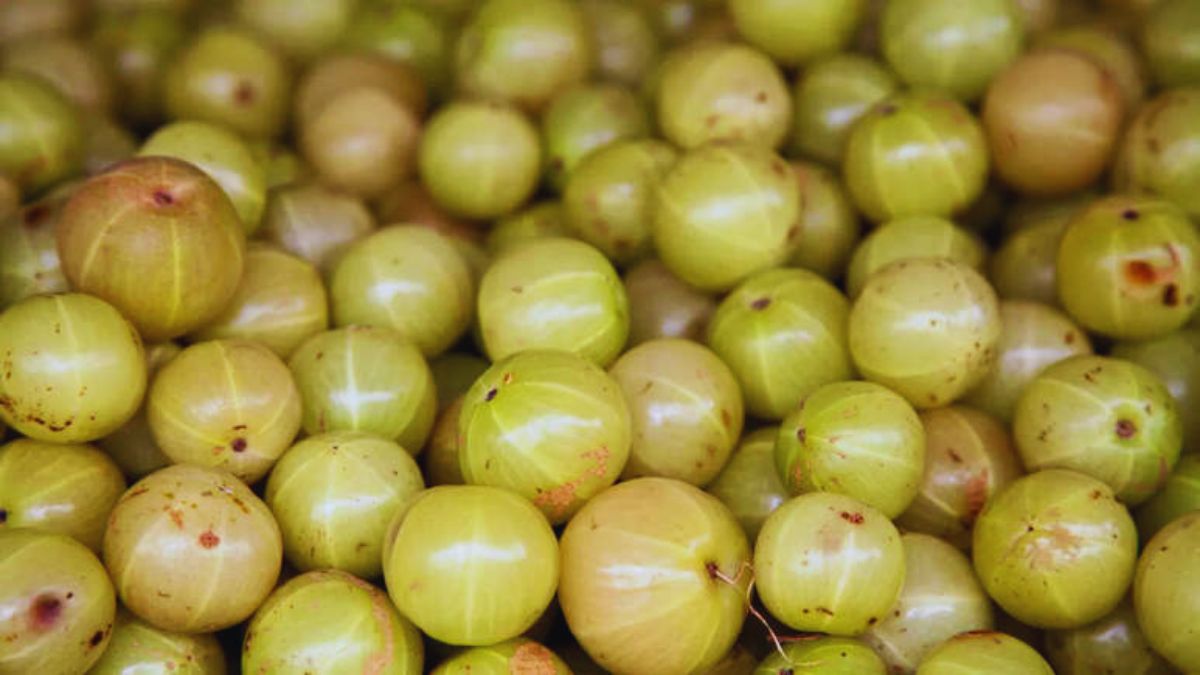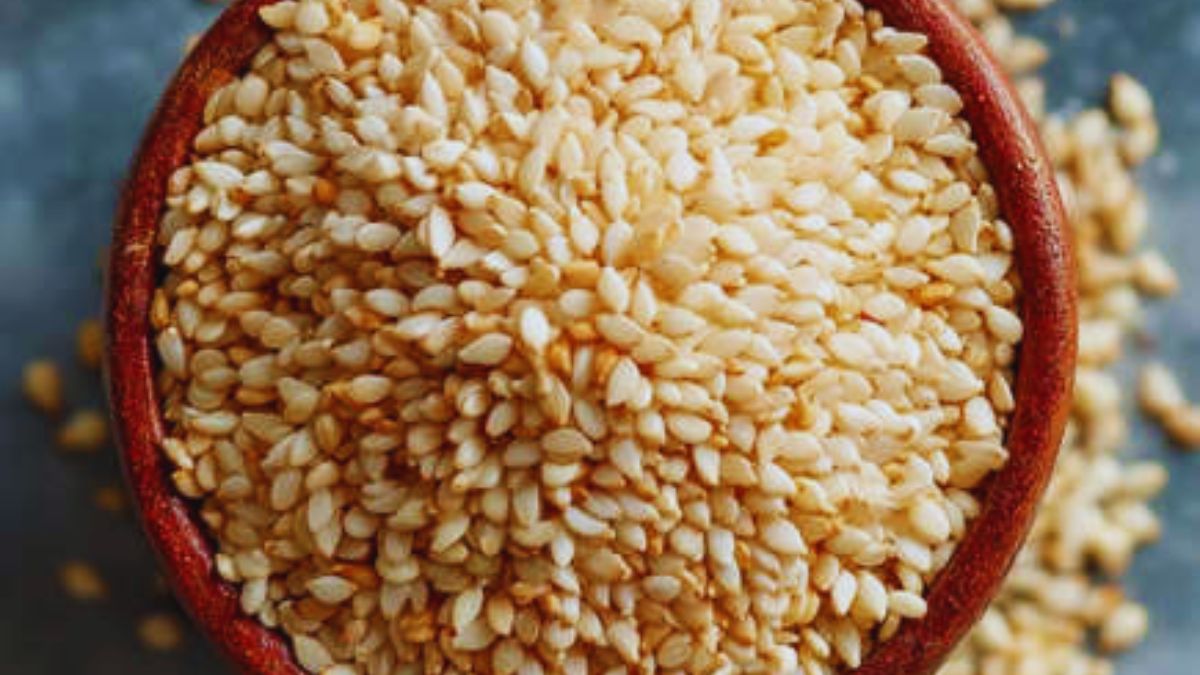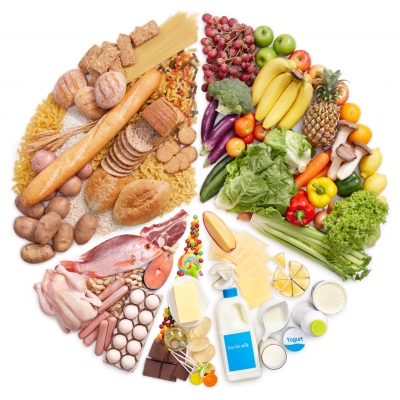As winter settles across the Indian subcontinent—especially in the northern and north-eastern regions—the body must work harder to maintain its core temperature.
This additional metabolic effort can momentarily strain the immune system, making individuals more prone to seasonal illnesses such as cold, cough and viral infections. During this time, nutrition becomes an essential tool to maintain energy, strengthen immunity and help the body cope with temperature fluctuations.
A well-planned winter diet rich in nutrient-dense foods, warming spices and seasonal produce can help fortify the body’s natural defence mechanisms. Here is a comprehensive winter nutrition guide designed to help you stay healthy and energized throughout the colder months.
Which are the Best Foods to Avoid Infections in Winter?
1) Mornings with Warm Water and Vitamin C–Rich Fruits
Winter mornings often slow down the body, and beginning the day with warm water can help stimulate digestion and improve circulation.
- Adding lemon or a small piece of jaggery to warm water is a gentle way to cleanse the system and prepare the body for the day.
- Vitamin C is one of the most important immune-boosting nutrients. Seasonal fruits like amla (Indian gooseberry), oranges, guava and sweet lime are abundant sources of this vitamin.
- Amla, in particular, is considered one of the most powerful natural immunity enhancers. Including one vitamin C–rich fruit each morning can significantly strengthen your resistance to seasonal illnesses.
2) Protein Priority in Every Meal
Protein is essential for repairing tissues, producing immune cells and maintaining muscle strength. Because winter improves digestive capacity, the body can comfortably handle richer and more protein-dense foods.
- Healthy protein sources to include in daily meals are eggs, paneer, curd, sprouts, dals, legumes, tofu and chicken.
- Research indicates that insufficient protein intake can weaken T-cell activity—one of the immune system’s primary defenders—making the body more vulnerable to infections.
- The idea is to include a protein source in all major meals to support overall immunity and sustained energy levels.

3) Add Healthy Fats
Traditional winter snacks like til (sesame) and jaggery laddoos exist for good reason. Healthy fats not only provide warmth but also support brain function, hormonal balance and skin health, which often suffers during colder months.
Incorporate natural fats into your winter diet through foods like:
- Ghee
- Walnuts
- Almonds
- Sesame seeds (til)
- Groundnuts (peanuts)
- Cold-pressed oils
These foods help maintain body temperature, reduce stiffness in joints worsened by the cold and offer long-lasting energy. A handful of nuts or ’til’ (sesame seeds) –jaggery snacks between meals is a nutritious way to stay warm and nourished.

4) Use Winter Herbs and Spices
Indian spices are more than flavour enhancers—they are powerful natural remedies. A 2022 study highlighted that curcumin, the active ingredient in turmeric, helps reduce inflammation and strengthens immune responses.
Incorporating herbs and spices like turmeric, black pepper, ginger, garlic and tulsi (holy basil) can help prevent throat infections, soothe inflammation and improve digestion.
Some soothing winter beverages to include are:
- Turmeric milk (golden latte or ‘haldi doodh‘)
- Ginger–tulsi tea
- Spiced herbal concoction
These drinks provide warmth, support respiratory health and act as natural immunity boosters.
5) Stay Hydrated Even When You Don’t Feel Thirsty
Hydration levels typically drop during winter because the body’s thirst response reduces in cold weather. However, proper hydration is crucial for maintaining immunity, supporting digestion and ensuring efficient circulation.
To stay hydrated during winter:
- Sip warm water throughout the day
- Include herbal teas
- Drink warm soups (vegetable soup, tomato soup, chicken broth, etc.)
- Avoid excessive caffeine, which may cause dehydration

Warm liquids also help soothe the throat, prevent dryness and keep the antioxidants high – an important defence against infections.
A strong winter diet should include:
- Fresh winter vegetables like carrots, spinach, mustard greens, methi, beetroot and cauliflower
- Immune-boosting fruits such as oranges, apples, guava and amla
- Whole grains like millet, jowar, bajra and oats
- Lightly cooked meals that preserve nutrients while aiding digestion
- Healthy fats, lean proteins and plenty of spices for flavour and protection
Pair your winter diet with at least 30 minutes of daily physical activity – walking, yoga or simple stretching—to improve metabolism, enhance immunity and keep energy levels stable through the season.
Winter brings beautiful weather, cozy mornings and festive foods, but it also challenges the immune system. A thoughtful, seasonal diet enriched with fruits, herbs, spices, proteins and natural fats can significantly improve your overall health and resilience. With mindful eating and daily movement, you can stay energetic, warm and infection-free all winter long.
Disclaimer: This article is for educational purposes only and should not be considered medical advice. Always consult a qualified healthcare professional before making changes to your medication, diet or supplement routine.
FAQs on Foods that Fight Infection in Winters
1) Is haldi doodh good for drinking in winters?
Yes, consuming turmeric or haldi is excellent for the body in winters. It contains ‘curcumin’, which has powerful anti-inflammatory properties that help fight infections.
2) Why is staying hydrated important in winter?
In winter, the body’s thirst naturally reduces and hence staying hydrated through warm water and herbal teas helps maintain digestion and the body’s ability to fight infections.
3)What foods help boost immunity during winter?
Seasonal fruits like amla, oranges, guava, along with winter vegetables, protein-rich foods and healthy fats help strengthen immunity and protect against common winter infections.



